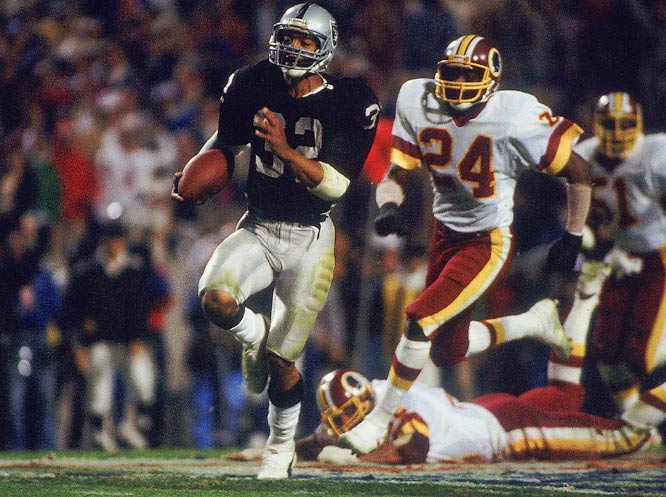Winning the Heisman Trophy is one of the greatest achievements a young man and his school can be recognized for in major college football.
It’s an elite class of the Who’s Who in College Football. Over the years 43 running backs, 32 quarterbacks, two wide receivers, two ends and one defensive back have brought this elusive trophy back to their school.
At Clemson, though John Heisman—for whom the trophy is named for—coached the Tigers for four years, no player as ever won the Heisman Trophy. The closest a Clemson player has ever come to winning the award as the nation’s most outstanding player came in 1978 when quarterback Steve Fuller finished sixth in the balloting, and in 2009 when running back C.J. Spiller finished sixth as well.
Though Clemson has not officially begun a Heisman campaign, quarterback Deshaun Watson is already receiving some hype surrounding the bronze trophy. Some believe if the Tigers do what many expect them to do this season then Watson will be standing right there among the best players in the country when the end of the season comes around.
There is an argument, had he not been hurt, Watson might have been in the conversation last season. His 188.57 pass efficiency mark in 2014 would have led the nation had he not missed five games.
In the eight games he did play in, Watson was unbelievable. He was flawless in a near upset of defending national champion Florida State in Tallahassee. He threw a school-record six touchdown passes in his first-career start against North Carolina. He hurdled a defender to score one of his four touchdowns against NC State, and, with a torn ACL nonetheless, he completed 14 of 19 passes for 269 yards while being responsible for four touchdowns in a rout of rival South Carolina.
“I’m really excited about his future, and his potential,” Clemson head coach Dabo Swinney said. “I can’t wait to get him back out on the field. When he’s out there, we got a chance each and every play for something good to happen. That’s a good thing.”
And it would be a great thing for Watson to become Clemson’s first Heisman Trophy winner, if indeed that happens.

Marcus Allen is the only player to ever win the Heisman Trophy, a National Championship, a Super Bowl and be named Super Bowl MVP. He rushed for 191 yards in leading the Raiders to a 38-9 win over Washington in Super Bowl XVIII.
But what does winning the Heisman Trophy mean beyond college football, or should I say in the NFL? To be honest, it means very little.
Did you know, 15 Heisman Trophy winners have gone on to be undrafted in the NFL? Only two Heisman winners have led the NFL in passing yards, and the last time it happened was in 1947.
Did you know there are just eight former Heisman Trophy winners in the Pro Football Hall of Fame, and only four Heisman winners (Rogers Staubach, Jim Plunkett, Marcus Allen and Desmond Howard) have won Super Bowl MVPs?
In fact, just 16 have ever played in a Super Bowl, and just eight Heisman Trophy winners have won Super Bowl rings. To compare, Clemson has had 24 former players win at least one Super Bowl Ring in their NFL careers.
Only three Heisman winners (Tony Dorsett, Allen and Charles Woodson) won the Heisman, a national championship and a Super Bowl, while Allen is the only player to ever win the Heisman, a national championship, a Super Bowl and be named Super Bowl MVP.
What does of any of this mean? Yes, winning the Heisman Trophy is great for the school and, at the moment it happened, for the player. But in the long run, it doesn’t mean anything once they get to the NFL.
Yes, Watson is a serious Heisman Trophy candidate for the Tigers heading into 2015, but maybe not winning the Heisman Trophy isn’t such a bad thing after all, at least when it comes to Deshaun Watson’s plans after Clemson.